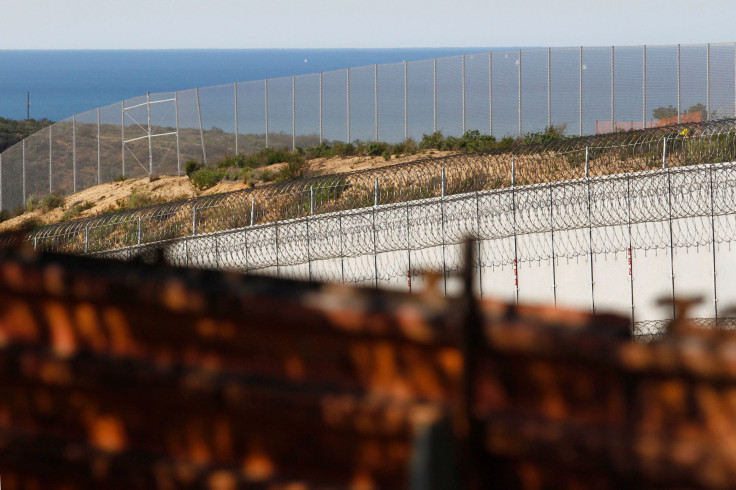Trump Mexico Wall Update: Mexican Foreign Minister Welcomes Suggestion To Make Drug Cartels Pay For The Wall

Mexican foreign minister welcomed Monday the suggestion from a White House official calling for drug cartels to pay for the wall along the roughly 2,000-mile U.S.-Mexico border. While President Donald Trump has long said that the American neighbor will pay for the wall, Mexico maintained that the country will not do so.
On Sunday, White House Chief of Staff Reince Priebus said there are a "buffet of options" to pay for the structure but there is “no final conclusion” on how the Trump administration is planning to make the Mexican government provide funds for the wall.
"It can either be through a tax on goods coming across the border. It be through tax reform and a formula on import and export taxes and credits. It could be on drug cartels. And it could be on people that are coming here illegally and paying fines. Or it could be all of the above," Priebus told CBS’ "Face the Nation."
The suggestion has been met with positive reaction from Mexican Foreign Minister Luis Videgaray.
"It's undoubtedly positive progress that they are talking about someone that is not Mexico. Narcos are not Mexico," Videgaray told the Televisa network. "It's a signal that — at least that's how I interpret it — must be welcomed because we are already seeing how the discussion is changing," he said, adding that officials from both the nations are likely to meet in the coming days.
Last Wednesday, Mexican President Enrique Peña Nieto canceled a scheduled meeting with his U.S. counterpart Tuesday in Washington to protest Trump's signing of executive order to start construction of the wall. However, the two leaders later directed their teams to go ahead with the meeting.
Neither Trump has explained how his government will make Mexico pay for the wall nor Priebus elaborated on the country’s plan to get money from the cartels. According to Republican House Speaker Paul Ryan’s estimates, the wall will cost between $12 billion and $15 billion.
© Copyright IBTimes 2025. All rights reserved.






















